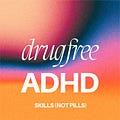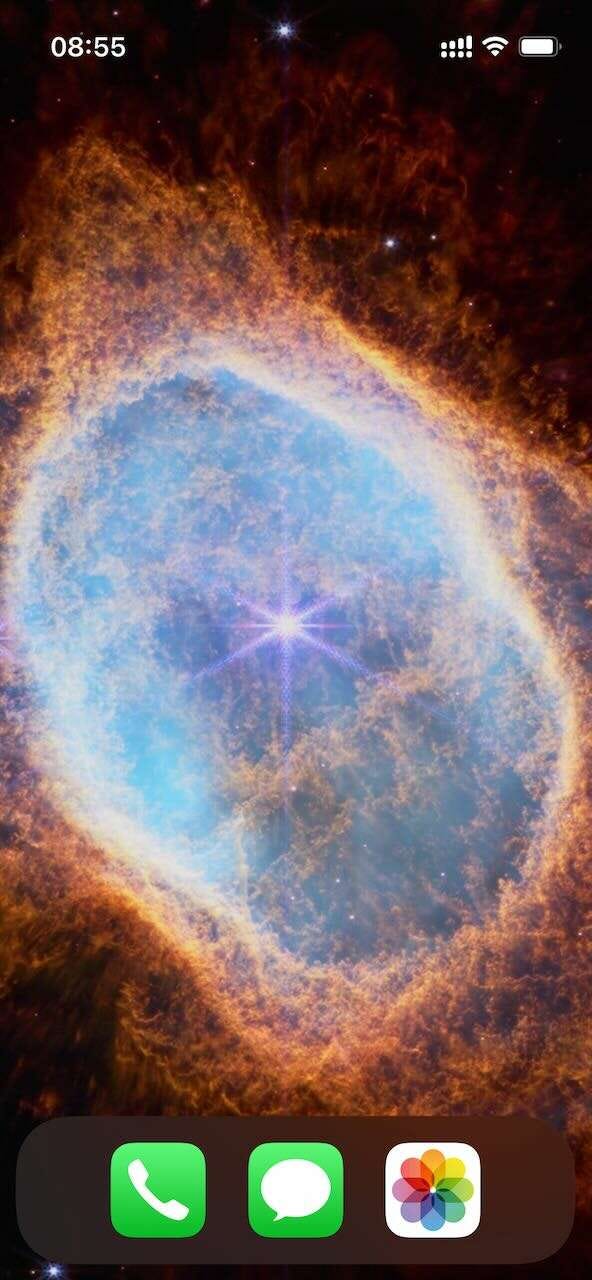Time to read: 3 min & 33 seconds — 912 words. Written by Joseph Pack.
»
There are two types of procrastination.
The first disguises itself as fear.
The fear that you might fail. The fear that nobody will like what you have to say. The fear that nobody will hire you. This brand of procrastination masquerades as perfectionism.
The second type of procrastination is more destructive. It’s the type most people with ADHD suffer.
The second type of procrastination sucks every inch of motivation from your soul and blocks your ability to do anything at all.
I’ve often had to pay a bill, or call the doctors, or book an appointment, but instead watched YouTube. For eight hours.
I never pay the bill.
This type of procrastination is why Monzo Bank found people with ADHD waste £1600 (on average) per year.
It infests your mind and tricks you into thinking you can’t do these things.
Many people with ADHD think they have a literal blockage in their brain that makes it impossible to do tasks like this.
If that’s you, you don’t.
And it is possible to do the tasks.
But not in the current environment we work and live within.
So what do we need to do differently?
Via negativa
The writer, philosopher, and mathematician, Nassim Taleb wrote in his exceptional book, Antifragile, about a principle called ‘Via Negativa’.
Via Negativa states that we can achieve better outcomes by focusing on what to avoid, rather than what to do.
With procrastination, this means that instead of trying to force yourself to do tasks that you are avoiding, you should eliminate the factors that are causing you to procrastinate in the first place.
The biggest factor = distractions.
The elimination of distractions
My biggest distractions, in no particular order, are: YouTube, podcasts, phone, and the idea of what else I could be doing with my ‘precious’ time.
The first three are easy to remove. That last one is difficult.
Let’s start off easy:
YouTube is easy to block. Just download BlockSite, add YouTube (or any other website you’re addicted to) and set block.
You can block for certain times during the day — 9 to 5, for example.
Or, like me, you can block 24/7.
If you use YouTube for work, for down time, or to learn new skills, there is another free plugin that makes YouTube WAY less addictive.
It’s called Unhook.
Unhook stops YouTube from suggesting new videos.
I used to disappear down multi-hour binge watching sessions, inhaling the breadcrumbs laid down by YouTube’s suggested watch feature until I fell into a deep low mood.
This works so well for me that I no longer feel the need to stay on YouTube if I ever do access it.
Blocksite works for podcasts too.
You can block Spotify, Apple Podcasts, etc for a specified time.
Making your phone less distracting
Is all about making it harder to use.
I’ve got 50 or 60 apps on my phone. All prime procrastination fodder.
So without self-discipline (I have little) I find myself pissing time away on my phone doing nothing of any value.
So I made some drastic changes.
That phone screen belongs DHH, co-founder of Basecamp.
He wrote an article about how to simplify your phone. I followed his advice. It works. It works really f*cking well.
You can follow his advice here.
Tackling the deeper side of procrastination
Occasionally I procrastinate because I’d rather be doing something else.
I’m thankful that today it’s only occasionally. In the past, I’d waste days dreaming living in an alternate reality.
It’s heart-breaking when you think about it.
We waste so much of the precious little time we have on this planet wishing we were doing something else.
Here’s how I’ve dealt with it.
It’s not for the faint of heart. And some people, especially at my live talks, get offended. But it’s the truth, so I have to tell it how it is.
Most of my thinking on this was deeply inspired by Michael Singer. If you want to go deeper, read his work here, here and here.
13.6B years
This moment, the one we’re procrastinating over, took 13.6 Billion years to get here.
Have you ever thought about it like that before?
It’s the truest thing I ever could say (unless you believe the universe was created in 7 days, then you’ll be unsubscribing immediately).
If you’re still reading, stop a second, take a step away from the screen and think about what that means.
Back?
While thinking about it did you realise that for this moment to be any different to the one you’re currently experiencing you’d have to change every single moment going back 13.6 Billion years? Literally everything.
This moment is the way it is. Period.
We can want it to be different, but it isn’t.
Wanting the moment to be different makes the moment, no matter how bad it is, worse than it really is.
We’re pushing reality away in favour of some hallucination we’re harbouring about a better life.
I practice a lot of meditation. The entire point of meditation is to learn to be okay with what is.
People like that long-term meditators do it to make themselves feel good. They don’t. They do it to learn how to handle reality. That doesn’t mean they try to feel good when someone they love dies. That’s just repressing natural emotions. What they’re doing is learning how to handle the heart-wrenching emotion of death, rather then wishing it had never happened.
But this is advanced level stuff.
For now, tackle the low-hanging fruit.
Shorter todo lists (3 items max)
Remove distractions
Work in short bursts (25 min max)
This will help you achieve more, by doing less.




The link for the tickets is not working :(